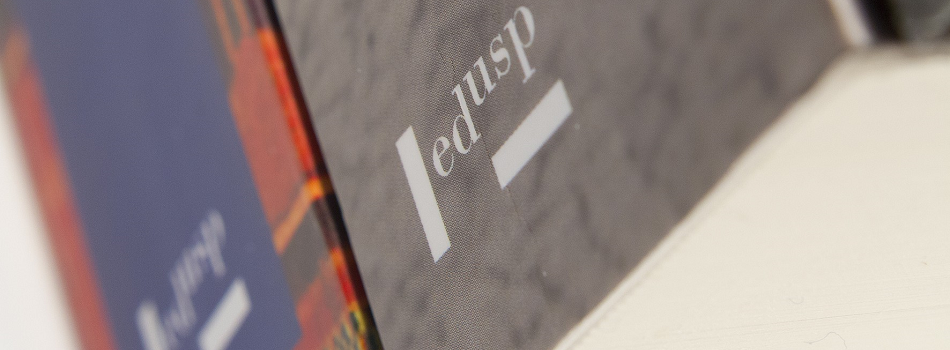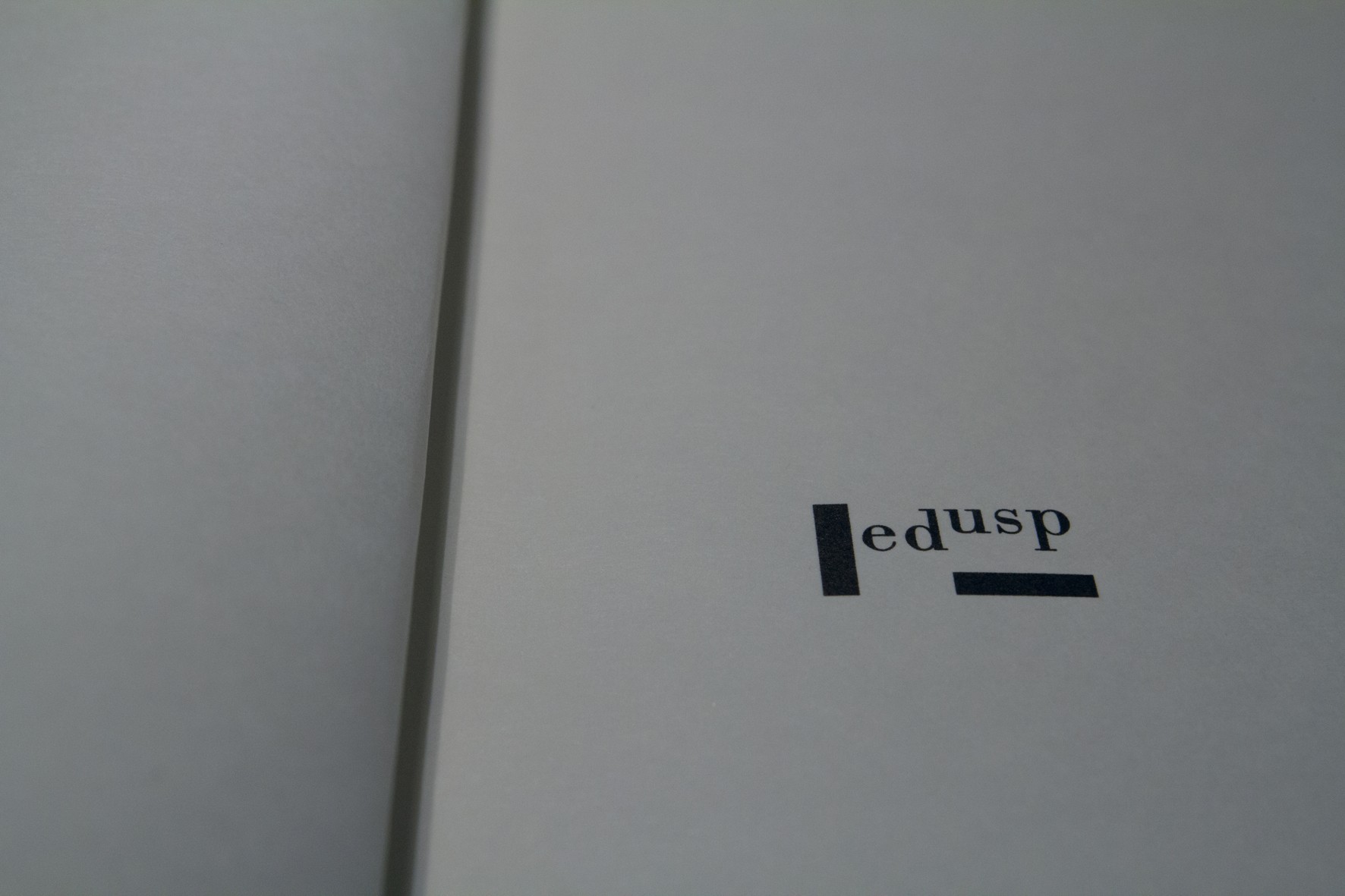Edusp celebrates 60 years as a major academic publisher
(by Filipe Albessu Narciso | reviewed by Leonardo Borba – July 21 2022)
The Editora da Universidade de São Paulo (Edusp), University of São Paulo’s press, turns sixty years old in 2022. Starting as a supporting agency for academic publishing, Edusp has always been a publisher with high editorial standards. The institution has a history of committing itself to disseminating knowledge both to the USP community as well as to the general public. We spoke with Edusp’s new director, professor Sergio Miceli Pessôa de Barros, about the institution’s rich history, the current goals of this new administration, and his perspectives for the future. Learn more about Edusp in this article.

Source: Marcos Santos / USP Imagens
Edusp is the press of the University of São Paulo and one of the main university publishers in Brazil. Established in 1962, Edusp is turning sixty years old in 2022 and a lot has changed in the institution ever since its foundation.
Its current director-general, professor Sergio Miceli, started his current mandate this year, however he was already part of Edusp’s history: also director-general from 1994 to 1999, Miceli is coming back more than twenty years later to work on sustaining the institution’s legacy.
For almost thirty years, Edusp acted as a supporting agency for academic publishing. It was only in 1988, after setting up its first editorial department, that the institution started selecting and publishing its own titles.
Since then, it has launched more than 1,800 books and achieved high editorial standards, being able to create an unique identity as it defines new parameters for Brazilian academic publishing. For the excellence of its efforts, Edusp has received many important awards over the years and became highly regarded in terms of academic, scientific, and design quality.
Committed to the mission of promoting research and teaching, Edusp publishes relevant works in all fields of knowledge. The scientific production from the University of São Paulo stands out in the catalog, but the publisher is not limited to it. Edusp seeks to meet the needs of students, teachers, and researchers, as well as of the general public, disseminating beyond the academy the knowledge it produces.
The works published by Edusp range from textbooks to cutting-edge research, from classical works to contemporary theories, both national and international. Studies on the most prestigious Brazilian writers and artists are also contemplated.
Professor Miceli reinforces the responsibility of Edusp of supplying students from all over Brazil with high quality academic production. As a university publisher, Edusp puts high value in designing a collection centered around academic prestige rather than plain commercial viability, although professor Miceli reinforces that the publisher has been able to fully sustain itself financially these last decades.
Going against the public belief that a university publisher isn’t able to have good sales, Edusp presents a highly popular and commercially viable catalog. Professor Miceli mentions that this achievement is quite impressive, considering that most university publishers in other countries, such as the USA, aren’t self-sustaining and rely on financial support from their corresponding universities.

Source: Marcos Santos / USP Imagens
For the next few months, the new administration is planning on significant changes for the libraries under Edusp’s care. Professor Miceli points out that these libraries are relevant public spaces for the USP community and that they are an important aspect of improvement for the new administration.
However, the institution’s president recognizes that internet sales are a huge source of profit for Edusp today, claiming that an expressive amount of orders are made not only through its own online platform, but through other commercial distributors.
Recently, the publisher has been seeking to spread itself into the digital world, launching its first collection of digital books. Twelve books from various fields of knowledge were chosen to officially start the publisher’s new endeavor and many more are planned to come.
Professor Miceli also mentions the arrangement and elaboration of new collections and other projects. Beyond that, he points out that Edusp has a relevant role in belonging policies. “We have editorial policies, for sure, but we are also engaged in being more accessible towards our target audience,” he explains.
Nowadays, with a collection of approximately 5000 books and 87 Jabuti Prizes – one of the most remarkable Brazilian literature prizes –, Edusp is transforming itself into the future of academic publishing.
You can find more information about all the books published by Edusp on its website.
